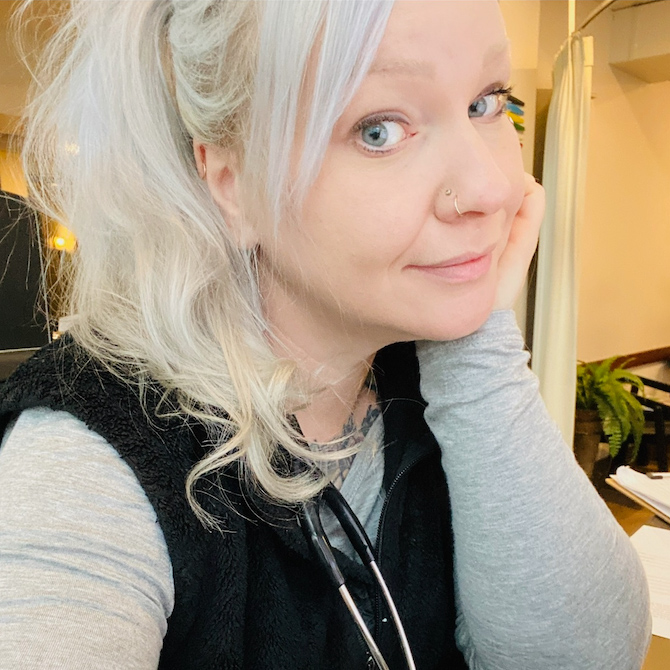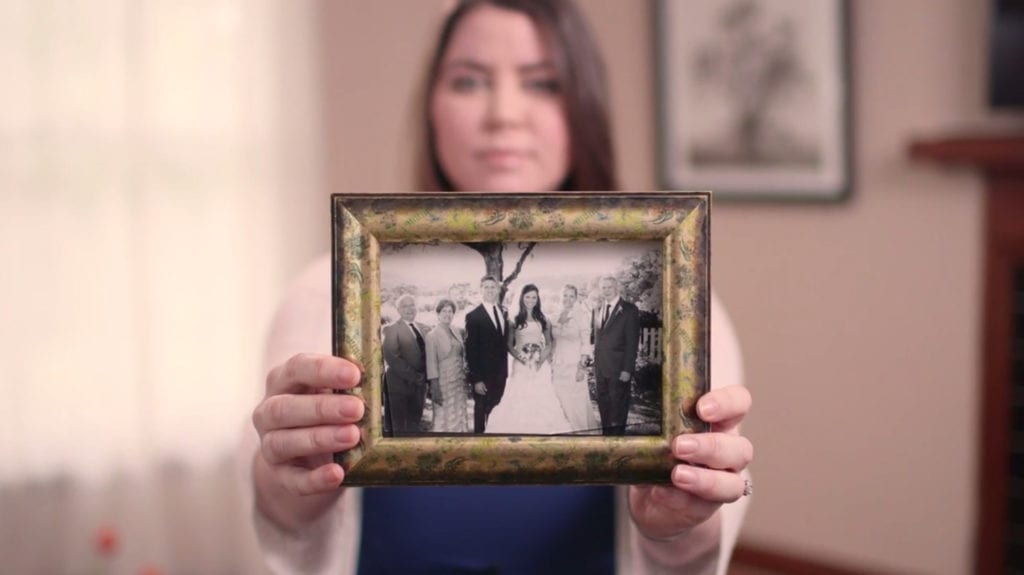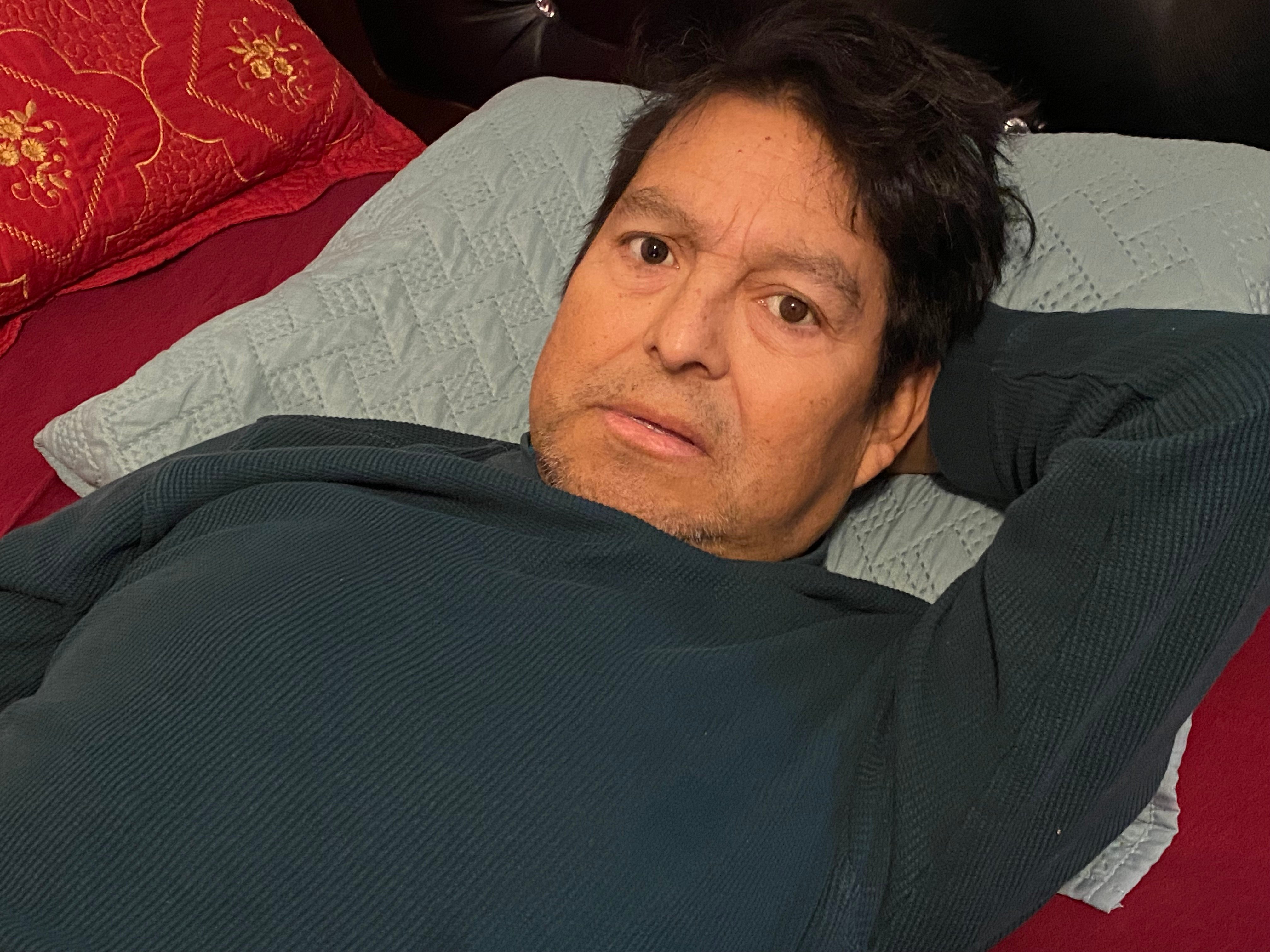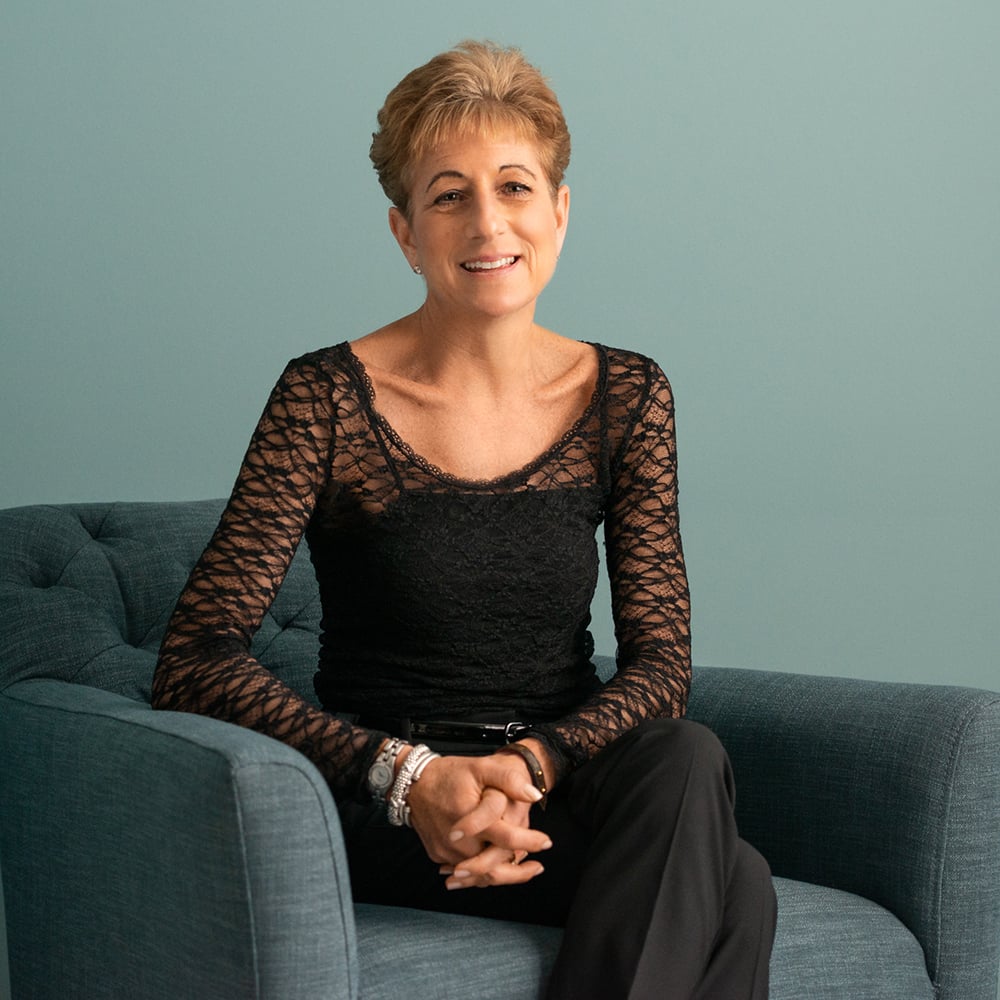Melissa Scroggs shared her story in May of 2023.
On March 25, 2023, my dad used Oregon’s Death with Dignity Act to bring an end to his pain, nausea and vomiting, which became unbearable and unmanageable in his final days. Instead of being at the mercy of cancer, my dad was able to die on his own terms and avoid extensive suffering.
Having the option of medical aid in dying made his end of life much more manageable and enjoyable. He knew if things got rough, there was an out. One of his biggest fears and one of the reasons why he chose to request a prescription was that his brother had died of esophageal cancer. At the end of his life, my uncle was down to about 60 pounds. My dad told me, “Melissa, I don’t ever want you to experience what I experienced.”
As someone who works in healthcare, I am lucky enough to know how to navigate the medical system and be able to advocate for my family. But I recognize that if I weren’t around, my mom and dad would have never known what to search for online or how to get connected with the right information and doctors to request medical aid in dying. It probably wouldn’t have even dawned on them as a feasible option.
It makes me so sad to know that many people do not understand the medical system, and they end up suffering more because they can’t figure out the process. I want to do something to help. If I can do one thing for my dad, it’s to help other people to be able to transition out of this life with less fear of suffering in their last days. For my dad, it was healing to know that if he had a day that was unbearable, he had the option of medical aid in dying.
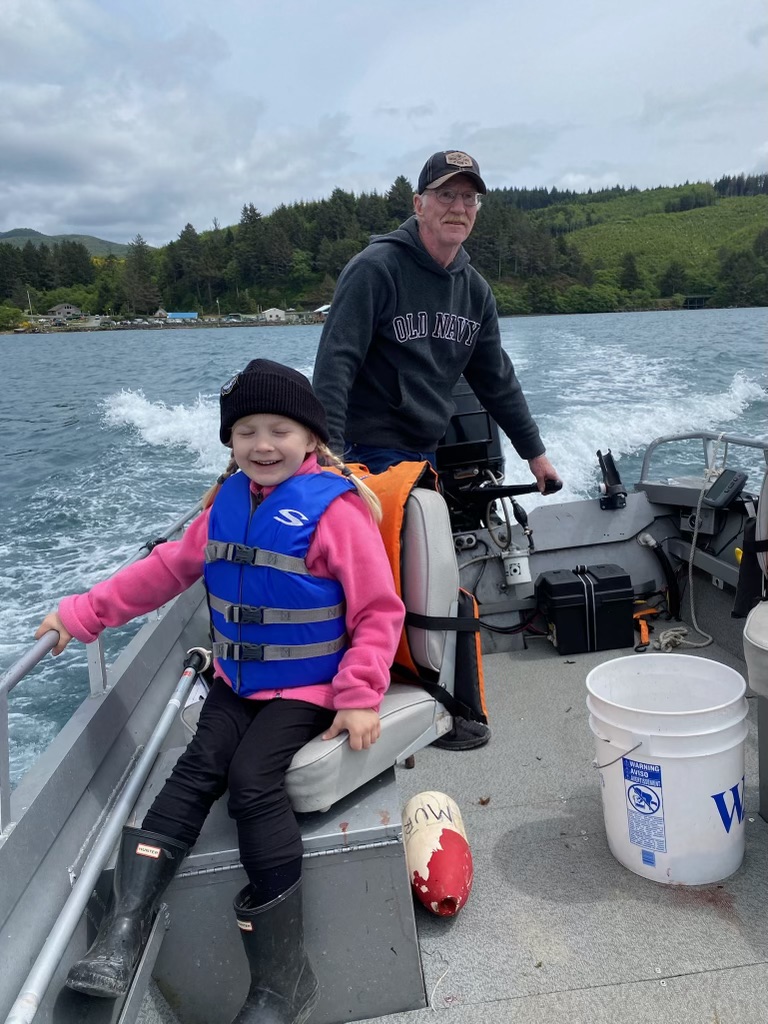
Paul Murphy and his granddaughter
My dad was a Navy veteran who was in Vietnam during the evacuation of Saigon. Upon his return he became a firefighter, then a machinist for the Oregonian. He was a family man through and through; he loved spending time with his grandbabies. He was always active and loved building hot rods. He enjoyed fishing, hunting and camping. He was a busybody; he never sat still. So in late 2022 when my mom and I noticed he had slowed down and lost some weight, we knew something was wrong.
We took him in to see his doctor and, without running any tests, she assumed it was his thyroid medication, changed it and sent him on his way. Just a couple of months later in January 2023, Dad told me that he felt like he had developed the flu. With the exception of nausea, he wasn’t exhibiting any other flu symptoms, so a couple of days later when there was no improvement to his nausea, we called to schedule an appointment with his physician. The VA couldn’t get him in for months, so Mom and I took my dad to the emergency department.
At the emergency department, the doctor shared that Dad’s hemoglobin was essentially nonexistent. They gave him two blood transfusions, and after doing some imaging they found that he had a mass in his abdomen. He was diagnosed with bile duct cancer with metastases in his liver and pancreas. Eight weeks later, my dad was gone.
The oncologist recommended a plethora of medication, chemo and radiation. Treatment would have possibly bought him a few more weeks, but it would have been at the expense of his quality of life, so we decided against it. The only treatment Dad opted for was a stent in his bile duct and two rounds of radiation to shrink the mass so that he wasn’t so uncomfortable.
A few nights after returning home, Dad was moaning in agony. I took him back to the hospital and told him, “I know the word ‘hospice’ is scary, but it’s going to help us because you won’t need to keep going in and out of the hospital. Any symptom you have, they’ll bring what you need to the house. I know that you are scared, but I don’t want you to suffer, so I want to put this bug in your ear — there’s medical aid in dying in Oregon. If you like, I’ll make the call.”
Without hesitation, my dad answered: “Please do it as soon as you can. I want that option.”
Because Dad was a veteran, he received all of his medical care through the VA, which does not allow their doctors to prescribe medical aid in dying. So I worked on finding a doctor who could prescribe under Oregon’s law and set up an appointment right away.
The following two weeks, we got Dad enrolled in hospice and formally started the request process. Dad always liked having all his ducks in a row, so getting a doctor’s approval for the prescription was an important step in providing my dad comfort during his last weeks. That relief allowed him to be more at peace, and he was able to be himself instead of being consumed with worry about dying.
For weeks, every night our whole family gathered at my parents’ house. My dad was mostly limited to his bed by that point, but that didn’t stop him from committing to enjoying his family. Everyone surrounded his bed as he told funny stories. There were so many laughs, and we got to take videos of and with him.
But the last two weeks of my dad’s life were awful. He fought to feel his best and spend time with the family, but no matter what hospice did, nothing could manage his pain or nausea and vomiting anymore. He couldn’t keep anything down. From the summer of 2022 to March of 2023, he went from being a healthy 66-year-old man at around 160 pounds to just about 80 pounds. He could barely get to the bathroom, and he was nauseated all of the time; he would either vomit upon the moment he opened his eyes in the morning or dry heave for over an hour. He was suffering and no longer had a meaningful quality of life.
Three days prior to him taking his aid-in-dying medicine he told me: “I’m ready. I can’t do this anymore. Please get the medications.” With the doctor’s approval already in place, all that was left was filling the prescription and coordinating with the doctor so that he could be present with us at the time my dad planned to take the medication.
By the grace of God, the day my dad took his medication he felt OK. The morning of Saturday, March 25, 2023, our whole family got to the house — including the grandkids — and everyone got a chance to visit with him one last time. Everybody was supportive of his decision and recognized the unique value of having the option available in Oregon. We were all grateful for the closure we got that day.
When the moment came for my dad to take his aid-in-dying prescription, he wanted it to just be him and Mom together. She held him in their bed, and when I entered the room after he drank his medicine, he was asleep in her arms. It was beautiful. He had gone to sleep just two minutes after finishing the medication.
That day, cancer didn’t win. In the face of suffering from terminal cancer, my dad was able to say: “Nope, I’m done.” I will forever support this option.


